Allison Hargrove, AP U.S. History teacher
What are the new changes that have been made to the AP History rubric?
AP U.S. History, AP World History and AP European History for both the Long Essay Question (LEQ) and the Document Based Question (DBQ) have had rubric changes. I think the College Board intended to streamline the writing process for these essays and make the directions more clear. For a long time, there have been portions on the rubric that have been ambiguous. Because of this, teachers have had a hard time grading these essays because of the unclear rubric.
How will this affect students?
I am hoping that with the new clarity of the rubric students will know exactly how to approach the writing rather than to be confused and struggle. Also for teachers, this streamlines the grading process. I think the College Board wanted it to be less formulaic and (have fewer) restrictions on the rubric, allowing students to increase the amount of in depth analysis they can do in their essay.
Do you think this change will help students?
I think that it will be a lot better in the long run for students. They did (release the information) really late, so us teachers don’t have as much time to prepare and change our resources that we provide students. When I look at the rubric, I think that they are more user-friendly for students and give students more opportunities to prove that they know the content.
 Jennifer Ellery, AP European History teacher
Jennifer Ellery, AP European History teacher
Can you describe the changes that have happened to the AP history rubrics?
The rubrics, in a nutshell, are much more simplified. In my opinion, it is much easier for students to earn points on the rubric. So on the LEQ rubric, it boils down to your use of evidence. The College Board used to be very finicky that they needed at least two to three pieces of evidence in a paragraph to earn a point, and they had to support your thesis. Now, you just need two pieces of evidence for the whole essay. It takes what would have been six to eight pieces of evidence and now it’s just two. The rubric has also made it a lot easier to earn the “Unicorn Point.” This point used to be very difficult to earn and confusing. Now, if you use more evidence, you can get that point. What used to be just one point on the rubric can now get you three points.
How will this affect students?
It’s much easier to score well if you know how to write well. For example, on the DBQ if you properly paraphrase three documents you still get one point. But now, if you do four documents, you get two points. It used to be that you had to use six documents to get two points. It is also a lot easier to earn the “Unicorn Point”, which makes better scores more attainable for students. It used to be that you had to do more critical thinking to earn all the points on these essays, but now it comes down to just a certain amount of evidence used.






























![Family vlogger controversy, need for content reform [opinion]](https://hilite.org/wp-content/uploads/2024/05/Screenshot-2024-05-14-11.33.37-AM-1200x465.png)





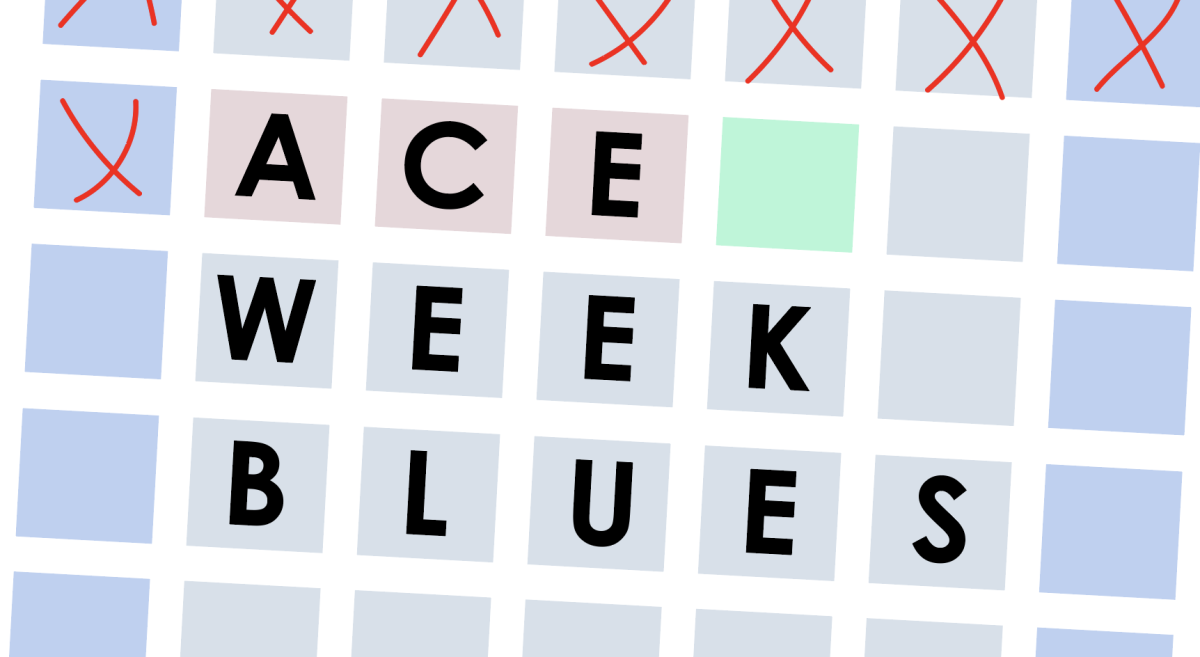
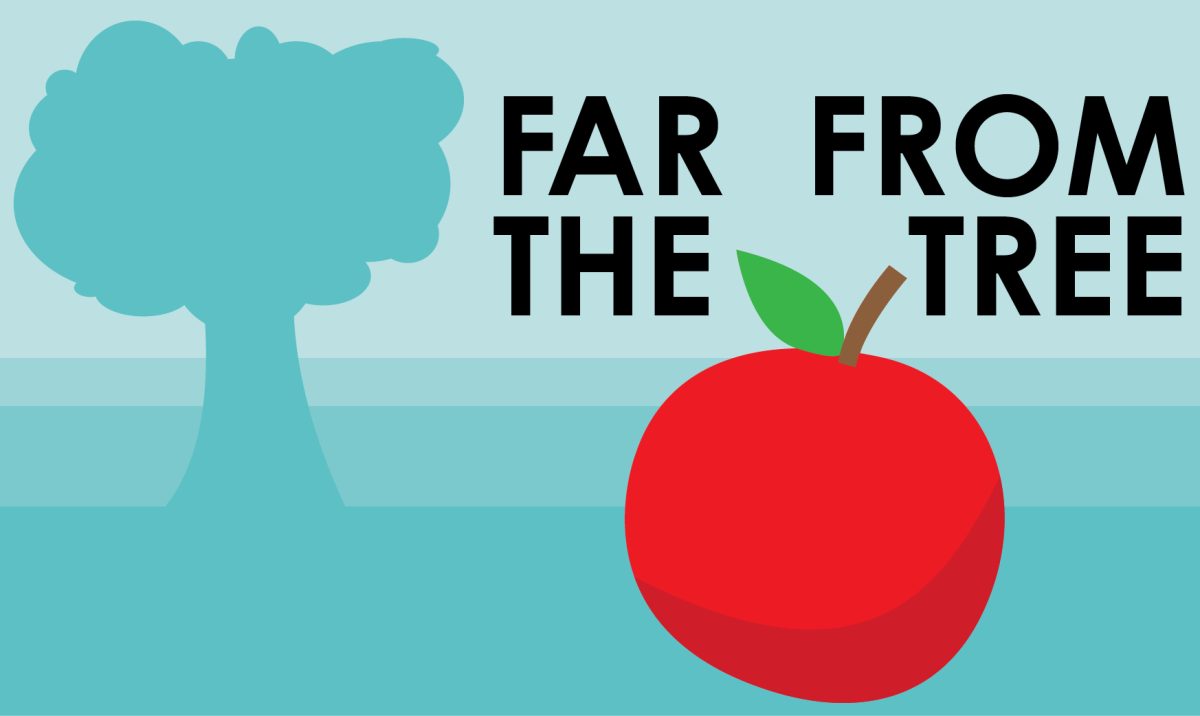

















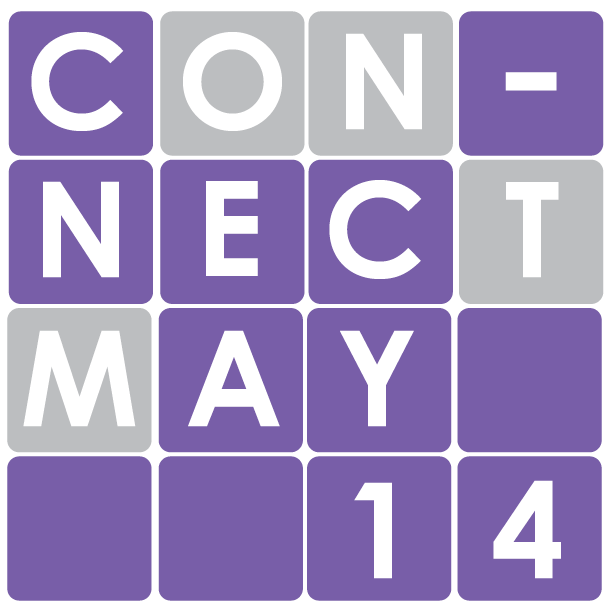

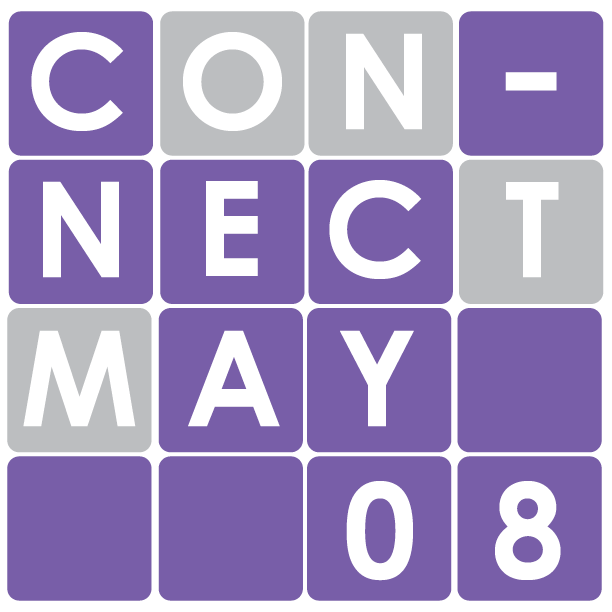

![Review: Taylor Swift’s new album The Tortured Poets Department is not her best work but is still a brilliant album [MUSE]](https://hilite.org/wp-content/uploads/2024/05/The-Anthology_Cover-1200x675.webp)
![Review: Challengers does it all [MUSE]](https://hilite.org/wp-content/uploads/2024/05/challengers-poster-1200x600.png)
![Review: A House of Flame and Shadow by Sarah J. Maas was a disappointing read [MUSE]](https://hilite.org/wp-content/uploads/2024/05/house-of-flame-and-shadow-feature.png)
![Review: Conan Gray’s new album, “Found Heaven”, is a refreshing twist on modern music [MUSE]](https://hilite.org/wp-content/uploads/2024/05/Screenshot-2023-10-31-at-16.01.05.webp)
![Review: “Bodies, Bodies, Bodies” is the quintessential Gen-Z movie [MUSE]](https://hilite.org/wp-content/uploads/2024/05/Screenshot-2024-05-15-140618.png)
![Review in Print: Maripaz Villar brings a delightfully unique style to the world of WEBTOON [MUSE]](https://hilite.org/wp-content/uploads/2023/12/maripazcover-1200x960.jpg)
![Review: “The Sword of Kaigen” is a masterpiece [MUSE]](https://hilite.org/wp-content/uploads/2023/11/Screenshot-2023-11-26-201051.png)
![Review: Gateron Oil Kings, great linear switches, okay price [MUSE]](https://hilite.org/wp-content/uploads/2023/11/Screenshot-2023-11-26-200553.png)
![Review: “A Haunting in Venice” is a significant improvement from other Agatha Christie adaptations [MUSE]](https://hilite.org/wp-content/uploads/2023/11/e7ee2938a6d422669771bce6d8088521.jpg)
![Review: A Thanksgiving story from elementary school, still just as interesting [MUSE]](https://hilite.org/wp-content/uploads/2023/11/Screenshot-2023-11-26-195514-987x1200.png)
![Review: When I Fly Towards You, cute, uplifting youth drama [MUSE]](https://hilite.org/wp-content/uploads/2023/09/When-I-Fly-Towards-You-Chinese-drama.png)
![Postcards from Muse: Hawaii Travel Diary [MUSE]](https://hilite.org/wp-content/uploads/2023/09/My-project-1-1200x1200.jpg)
![Review: Ladybug & Cat Noir: The Movie, departure from original show [MUSE]](https://hilite.org/wp-content/uploads/2023/09/Ladybug__Cat_Noir_-_The_Movie_poster.jpg)
![Review in Print: Hidden Love is the cute, uplifting drama everyone needs [MUSE]](https://hilite.org/wp-content/uploads/2023/09/hiddenlovecover-e1693597208225-1030x1200.png)
![Review in Print: Heartstopper is the heartwarming queer romance we all need [MUSE]](https://hilite.org/wp-content/uploads/2023/08/museheartstoppercover-1200x654.png)













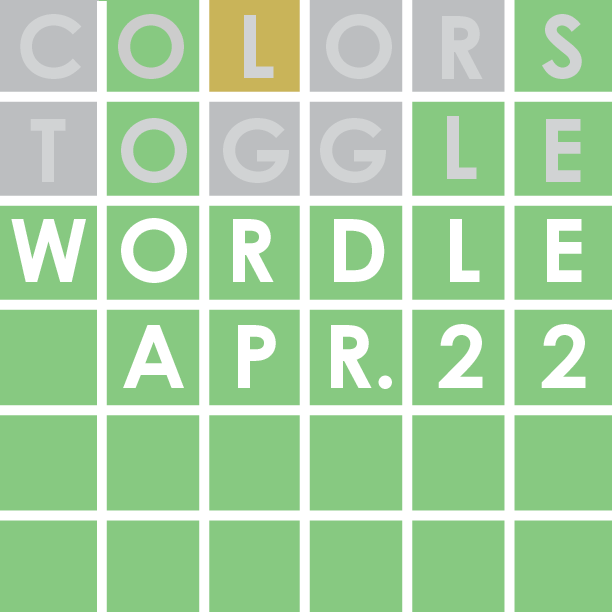








![Review: “Ginny & Georgia” is a dramatic and poorly made emotional rollercoaster–and I loved it anyway [MUSE]](https://hilite.org/wp-content/uploads/2024/03/ginny-and-georgia-season2-main-be37bbb9487a41e88b3f66c3baacd5c3-300x177.jpg)
![Review: Witch Hat Atelier is a masterpiece in art and world-building, but the story has only begun [MUSE]](https://hilite.org/wp-content/uploads/2024/01/unnamed-211x300.png)
![Review: “Mysterious Lotus Casebook” is an amazing historical Chinese drama [MUSE]](https://hilite.org/wp-content/uploads/2024/03/0-300x170.webp)
![Review: “A Little Life” by Hanya Yanagihara is the epitome of a heartwrenching masterpiece [MUSE]](https://hilite.org/wp-content/uploads/2024/01/unnamed-5-300x200.png)

